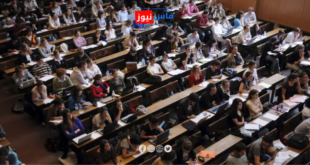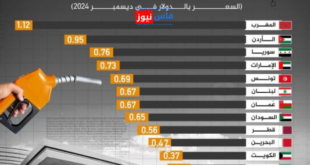The Moroccan House of Representatives has approved the new Civil Procedure Law project with a majority of 104 votes against 35, sparking widespread debate and mixed reactions in legal and judicial circles.
The new law aims to modernize and develop civil judicial procedures, including several fundamental changes:
- Consolidating and unifying texts related to procedural matters.
- Reducing litigation timeframes and organizing the field of notifications.
- Reorganizing the intervention of the public prosecutor’s office in civil cases.
- Establishing the institution of an enforcement judge and defining their competencies.
According to Dr. Abdelkarim Taleb, Dean of the Faculty of Legal Sciences in Marrakech, this law is considered “the general law in the procedural field” and intersects with several other legal domains.
On the other hand, the law has provoked protests from the Association of Bar Associations in Morocco, which called for a three-day strike. Naqib Hussein Ziani believes that the law includes regressions that affect litigants’ rights and constitutional gains.
Among the most prominent points of contention:
- The possibility of filing lawsuits without the need to appoint a lawyer.
- Changes in the powers of judicial commissioners.
- Issues related to equality in appeal and enforcement procedures.
This law comes after a comprehensive review, the first since 1974, and aims to modernize the Moroccan judicial system. However, it appears that the controversy surrounding it will continue between supporters of modernization and those who see it as a threat to some established legal rights and practices.
The debate highlights the challenges of reforming the judicial system while balancing the interests of various legal professionals and ensuring citizens’ rights to fair and efficient legal proceedings. As the implementation of the new law approaches, it will be closely watched by legal experts, practitioners, and civil society organizations to assess its impact on Morocco’s justice system.
 فاس نيوز ميديا جريدة الكترونية جهوية تعنى بشؤون و أخبار جهة فاس مكناس – متجددة على مدار الساعة
فاس نيوز ميديا جريدة الكترونية جهوية تعنى بشؤون و أخبار جهة فاس مكناس – متجددة على مدار الساعة













